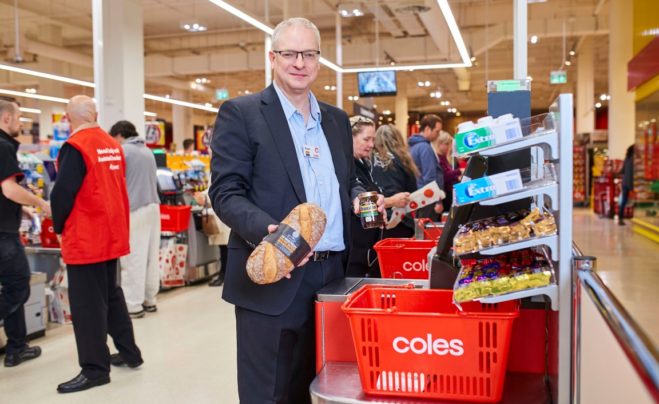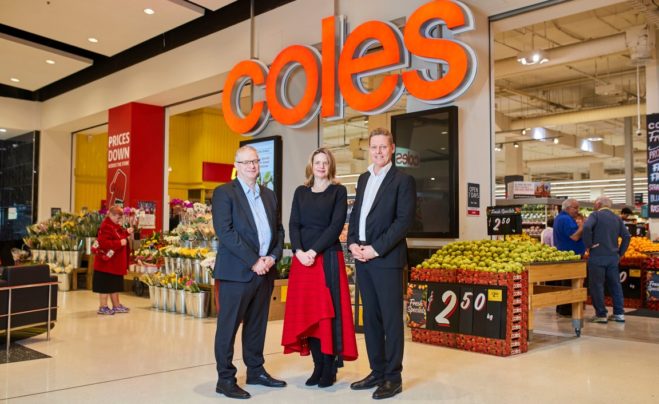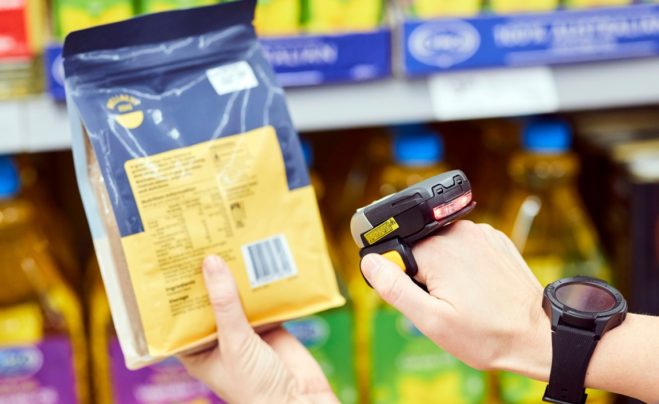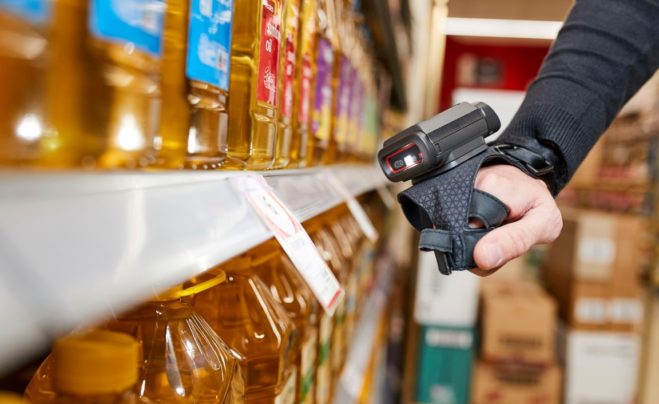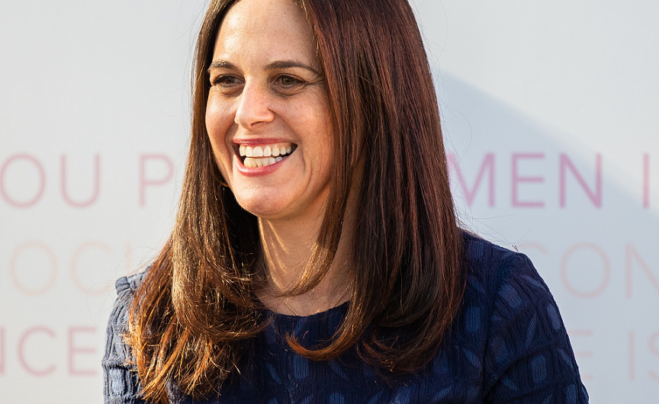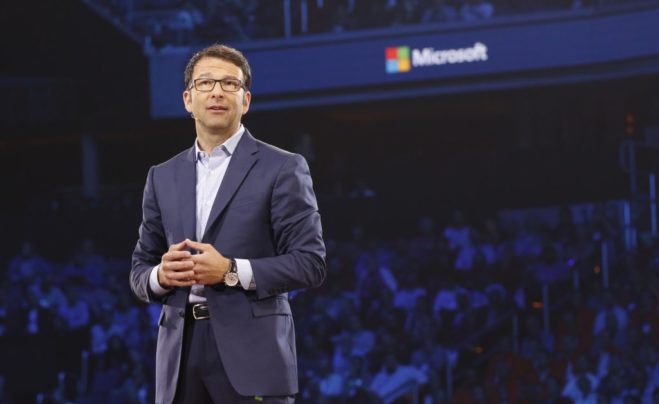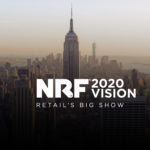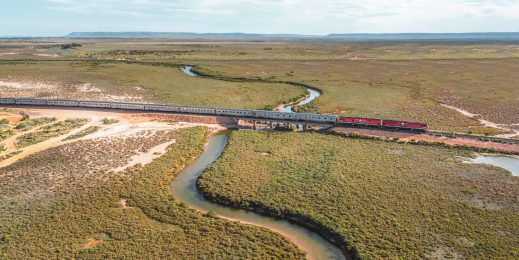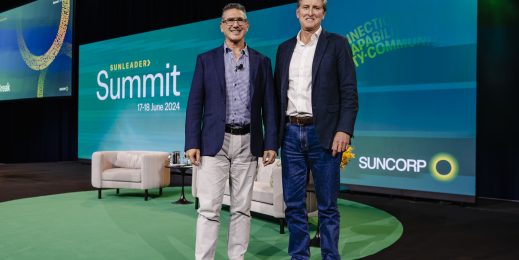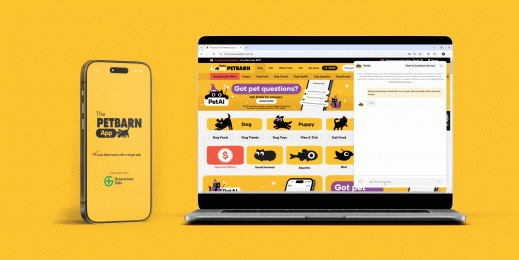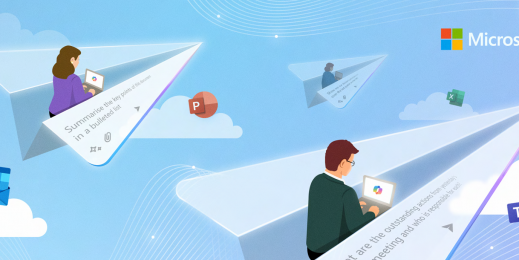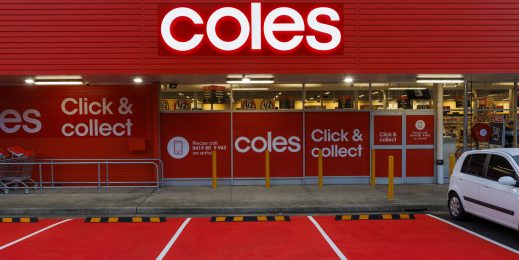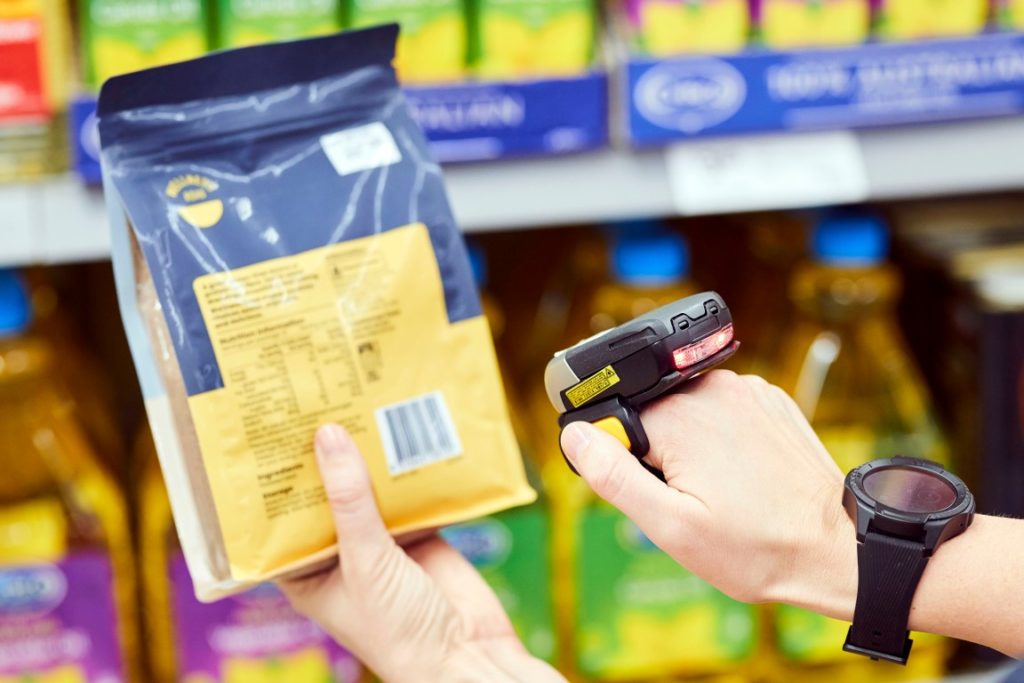
Coles takes trip down the aisles with Microsoft, spurring transformation with AI and cloud to help Coles win in its second century
When the first Coles store opened in Collingwood over 100 years ago, nothing in the store cost over two shillings. It was a hit.
Fast forward to 2019 and Coles is still a leading retailer – only now it has 40,000 products, 115,000 team members, 2,450 stores, and $39 billion in revenues.
What hasn’t changed is Coles’ customer focus. Back in 1928, founder GJ Coles. noted: “The customers themselves really decide what goods we shall stock in our stores.” They still do – only now retail is large and complex, and customer expectations are so diverse it takes a guy with an MA in Mathematics from Cambridge University to help figure it out.
Roger Sniezek – the guy with the maths MA – is Chief Information and Digital Officer and one of the leaders of the massive transformation now being accelerated across Coles and fuelled in part by a strategic partnership agreement between the retailer and Microsoft.
As he points out, the grocery business in 2019 is radically different than it was for GJ Coles in 1914.
“If you’re saying “How hard can it be to sell a tin of beans?” then, you need to think about the question a little more deeply. A supermarket business like ours, in each individual store, has got 20,000 different items that are different shapes, different sizes, have got different requirements in terms of the temperature that they need to be stored at, different legal requirements, and so on.” Sniezek explains.
“Put that together with thousands of different suppliers, and the fact that these things are flying off the shelves at a rate of knots and so need to be replenished in real time, and you start to get an idea of the complexity that comes into our business. Then you can start to think about how you deliver all that in an efficient and engaging manner for our customers.
“We’ve got 21 million transactions a week in our stores and online. All of that generates a vast amount of data that allows you to optimise your business and to give an engaging experience to the customer. At its most fundamental, what we do is: Plan stuff. We buy it. We move it. We sell it. And then, there’s a whole bunch of stuff you need to do, to administer all of that.
“But, it isn’t one business. There are multiple businesses. There’s the meat business. There’s a seafood business. There’s a deli business. There’s a bakery. There’s core grocery. There’s fresh produce – fruit and veg, which are both different. And then, there’s the non-food. There’s a flybuys joint venture business. We’ve got an export business. “
“Part of our job is to deal with the complexity, and to use technology to simplify our business, as much as we possibly can, for our customers and team members.”
And that requires modern cloud computing technologies, state of the art data platforms, and an infusion of artificial intelligence and machine learning.
According to Sniezek; “We got to the point where we’ve decided that we needed to partner with someone for cloud & AI. And to achieve what we wanted to do, we needed to leverage their global expertise, and work with a partner who truly wanted to make us successful. And, that’s the reason why we chose Microsoft.”
As a proudly Australian retailer for the past 105 years, Coles has constantly evolved to meet the needs of our customers – from a single general merchandise store in Melbourne to the first supermarkets and now same-day delivery to customers’ kitchen benchtops. This strategic partnership builds on our long-standing relationship with Microsoft and will enable the Smarter Selling pillar of our strategy through efficiency and pace of change. We’re very confident that Microsoft will empower us to achieve more. Roger Sniezek, Chief Information and Digital Officer, Coles.
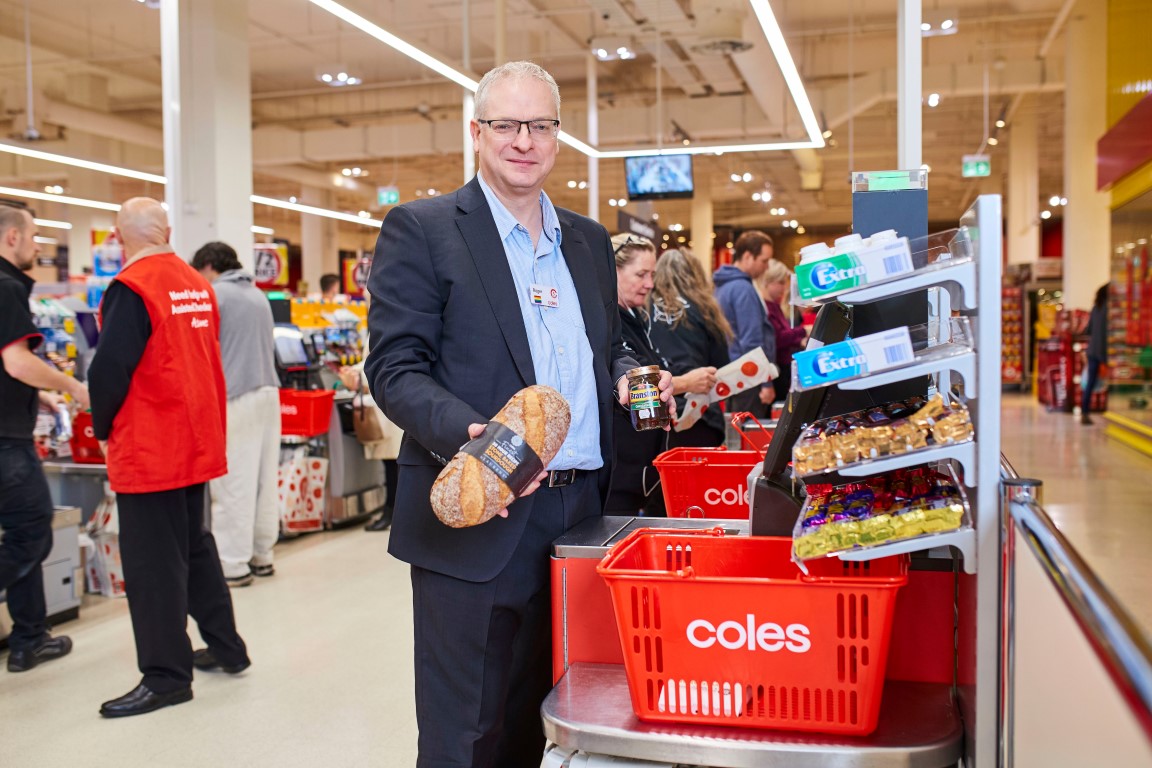
Billion-dollar transformation agenda
Coles’ CEO Steven Cain outlined the company’s transformation agenda in June at the company’s first strategy briefing since listing on the ASX last November, describing it as an opportunity to inspire customers, deliver smarter selling and win together through innovation and partnerships.
In addition to setting the company up to grow long-term shareholder returns, the transformation is forecast to deliver $1 billion of savings by 2023, ensuring the sustainability of the business and affirming the company as one of the world’s most innovative retailers.
Coles has already announced a deal with Ocado to build automated fulfilment centres in Sydney and Melbourne to speed online order fulfilment and inject efficiency, while German logistics automation expert Witron has been tasked with building automated warehouses in Brisbane and Sydney to handle grocery distribution to supermarkets.
Meanwhile, Coles has also been updating back office applications across the group through the SAP suite.
Besides automation, Coles has highlighted data, artificial intelligence and machine learning, personalisation and cloud as the key technology opportunities that will optimise everything from supply chain through to picking and pricing efficiencies.
The partnership with Microsoft is set to accelerate the pace at which it can innovate and grow.
According to Cain; “Our strategy will truly differentiate Coles in the Australian retail market allowing us to lead in online through an optimised network, as well as making Coles an own- brand powerhouse and a destination for health. It will also provide long term structural cost advantages through key partnerships while making us Australia’s most sustainable supermarket.”
Australia’s grocery retail market is worth $103 billion. It’s a fiercely competitive market with new entrants in the wings.
Meanwhile the fundamental nature of grocery retailing is shifting. Matt Swindells, Coles’ Chief Operations Officer says the company needs to think more about “share of stomach” than share of trolley.
Coles has always been there to answer the question “what’s for dinner?” With 30 per cent of the Australian population born out of Australia, the answer could be meat and two veg, a Kosher meal, Halal fare, or an oven-ready lasagne. It’s why Coles uses demographic data to optimise the selection of food in individual stores and forges innovative partnerships with the likes of Uber Eats to deliver a range of convenience food to customers in 30 minutes.
For a huge and complex business, being able to respond rapidly to changing customer expectations with fresh products and services demands robust, yet flexible digital foundations. It’s the same for retailers worldwide.
Analysis by McKinsey & Co reveals that the world’s most successful grocery businesses have “embraced technology as the primary driver of commercial effectiveness and cost reduction across the value chain.” It calculates that early adopters are capturing 2-5 per cent more profit than laggards.
But it also warns of the need to continually innovate, and have technology platforms and processes to support that. This is not a sector able to set and forget its transformation.
The long-term partnership between Coles and Microsoft is designed to deliver precisely those digital footings for now and the future.
Coles is in the process of implementing Dynamics 365 in selected business units and Office 365 as part of its Modern Workplace program, and has selected Microsoft Azure as its preferred and strategic cloud. The combination of Microsoft’s three clouds optimises Coles’ ability to use data, advanced analytics and artificial intelligence to continuously enhance the retail experience for customers, to support employees, and strip waste and delay from the business.
According to Swindells; “The retail landscape and consumer needs are changing faster than ever with further international retailers entering the market. Consumers are moving toward different channels, like online. We’re seeing lots of disruption from businesses targeting share of stomach rather than share of shelf with players like Uber Eats and others in the convenience meal space.
“We have to adapt faster than ever and we have to meet consumers’ needs at a different level. And that is higher service, but without higher cost.”
“Our refreshed strategy is about winning in our second century. Success this century requires Coles to take a very mature approach to innovation. It needs a robust, resilient but efficient supply chain. It needs to understand customer needs and respond rapidly. It needs systems to support and engage team members – Matt Swindells, Coles’ Chief Operations Officer
Shifting consumer expectations and the rise of omnichannel
Research by Roy Morgan indicates that demand for online groceries is surging. In 2017, some 800,000 Australians said they would consider buying groceries online; last year that raced to 5 million.
Shifting consumer behaviour means that Coles is experiencing online growth, but it comes at present with a lower margin than in-store sales. The cost of doing business has been rising faster than sales, which is one factor in the drive to accelerate Coles’ digital transformation and to support the omnichannel shopper.
Swindells says; “Accessibility through smartphones, through online, click-and-collect and bricks-and-mortar – just the whole consumer experience and expectation has shifted.
“Then, the actual provenance, the sustainability, the traceability of products, the expectations around what is real value. Not just “Does this product do what I need it to do and is it the right price?” It’s now, “Where did it come from?”
“Particularly fresh foods, animal husbandry and welfare. There’s a whole data set that can sit behind the simplest of products that frankly is mind-blowing in terms of the amount of information we could share with customers.”
Being able to provide that level of experience cost-effectively is critical. “That is a higher service expectation and we need to make sure that it doesn’t come at a higher cost – or, the fastest-growing part of our business becomes diluting to our profit.
“That’s what every retailer is wrestling with, really. How do you harness that shifting consumer behaviour to really reinforce your profitability, rather than dilute it?”
Following a tremendously successful first century of operation, “Our refreshed strategy is about winning in our second century,” says Swindells.
Success this century requires Coles to take a very mature approach to innovation. It needs a robust, resilient but efficient supply chain. It needs to understand customer needs and respond rapidly. It needs systems to support and engage team members.
Nikala Busse, General Manager Technology for Store and People Platforms at Coles says: “In terms of customer experience, we really see this as an opportunity to improve availability for our customers and allow us to better tailor the range that we can offer to our customers.
“Coles covers a very broad geography. We operate right across the nation. Our customers are unique in different geographies. With our Enterprise Data Platform we want to be able to tailor and offer an even better experience for our customers when they come into store or they shop online with us. We want to make sure we have great availability – that they can understand the provenance and sustainability of the products that we bring to market.”
Busse acknowledges also that; “We have access to a lot of data – which is a huge responsibility, and we take that very seriously as an organisation. We also want to make sure we use our technology to make sure our team members go home safely. We talk about winning together in communities and with our team members.”
The broader purpose of Coles, says Swindells; “is to sustainably feed all Australians and help them lead healthier and happier lives. And, we’re really underpinning that with three pillars that reflect our changing consumer landscape. So inspiring customers is the first, through best-value food and drink solutions and making their lives easier. And, that is, essentially, solving what is for dinner.
“The second is smarter selling through efficiency and pace of change. We have got costs growing faster than sales and that’s fundamentally unsustainable in any business. How do we use technology to either automate or augment manual processes in our organisation? We have 115,000 team members in Coles and there is still way too much non-value-adding manual activity.
“And then, the third part is winning together with our team, suppliers and communities, especially thinking about safety in our DNA. But also thinking about diversity across the teams that reflect the changing consumer base.
“The net sum of all that is – over the next four years, we’ve got to get our top line growing in line with the market or faster. So, we either hold or grow market share. And, we’ve announced that we’re going to have a plan to take out a billion dollars in costs, cumulative, over that four-year period. “
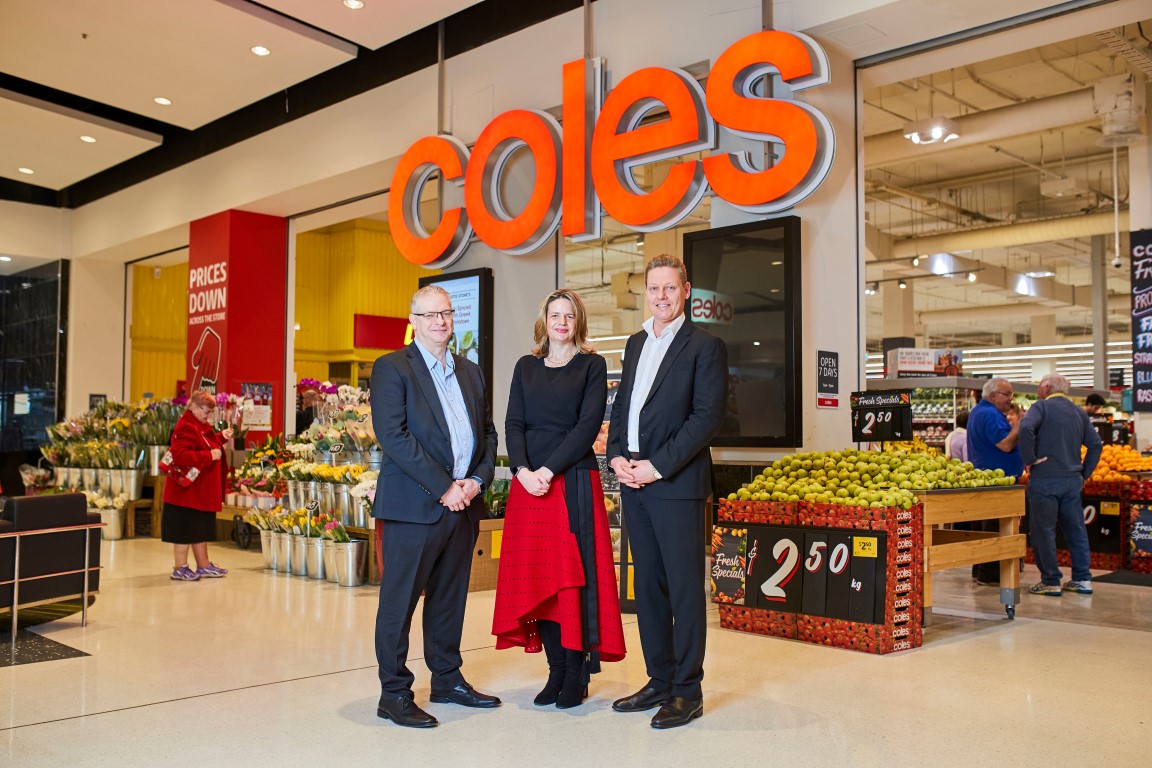
Global experience combines with deep retail expertise
Technology has already changed the way people live, work and shop, and forever shifted the dial on consumer expectations.
Shelley Bransten, corporate vice president of WW retail and consumer goods for Microsoft, says working with the world’s leading retailers such as Kroger, Walmart, Walgreens and now Coles has allowed Microsoft to help these retailers create intelligent and agile retail solutions designed to meet shifting customer expectations while ensuring efficiency and resilience for their business.
“Retail businesses put their trust in us because they know we’re not going to use their data against them, and compete with them down the road. We believe retailers’ customers, employees and data belong to them, full stop. We are proud to partner with them to grow their business because we win when our customers win.
“We want our technology to empower Coles, to deliver what customers want and employees need. Through this alliance we are going to work together on intelligent platforms that will transform the customer and employee experience.”
The strategic alliance between Coles and Microsoft will focus initially on continuing the digital systems refresh, transitioning Coles’ older systems to Microsoft Azure in order to drive better value for customers through enhanced offers and smarter, streamlined intelligent checkouts that use recognition algorithms to reduce wait times for customers.
Building on these intelligent digital foundations, architected for trust and designed to support real time processing, Coles and Microsoft will work together on innovative digital solutions that deliver consumers valued insights about food provenance and establish a new benchmark for in-store support.
Besides Microsoft Azure, Dynamics 365 and Office 365 Coles will deploy a range of Azure services delivering Artificial Intelligence capability.
The collaboration framework agreed as part of the partnership will also help lift Coles’ overall tech intensity and digital capability, and 100 of Sniezek’s team of 700 IT professionals have already been trained by Microsoft in cloud technologies.
Swindells says that Coles takes a two-pronged approach to innovation. “Partnering with proven technology and suppliers that have demonstrated world’s best practice in their disciplines.”
With Ocado’s technology for example; “You can talk to them. You can feel it, touch it, taste it, and you know that it works incredibly well. And you can see how it would fit within your organisation and improve a customer experience, as well as take out costs,” says Swindells.
“The second part, which is slightly more difficult, is what is out there that is a problem to solve, but we don’t necessarily know the answer? And how do we partner and bring together the best technology minds with the best experienced retail operators and mash them together, to come up with amazing digital solutions for really difficult retail problems?”
That is where Microsoft will play a key role with Azure able to deliver the scalability and repeatability Coles requires, and the automation that takes the grind out of everyday work.
“It’s about creating an environment where there is more worthwhile customer-interaction rather than non-value-adding tasks. The next generation – they want to be more engaged. They want to be more involved. They want to understand where the business is travelling. It’s not just, “Turn up, punch in, do your shift and go home.” So, we have to be able to both communicate in a more engaging and compelling way and enable the activities that the team member is undertaking to have a worthwhile, value-add component to it.”
With modern, scalable and trustworthy cloud foundations Coles has the opportunity to extract even greater value from its data collection. It has a team of 35 data scientists who analyse more than a billion customer transactions a year.
The 6.6 million households in Australia which are active users of the flybuys loyalty program already get unique marketing offers tailored to their needs.
Add in AI and machine learning and Swindells believes there are entire new frontiers to be tackled.
“How are we using energy in our refrigeration? How are we using energy in some of our in-store ovens for chickens? What’s the right time, the wrong time, the optimal time? Previously operators would have had a gut feeling and what they know from experience. Now you can put data scientists and advanced analytics to that and really optimise a model. At our scale those small improvements in operation can have a material, commercial impact.”
So, what will success look like in Coles’ second century? Loyal customers, sector-leading experiences, engaged team members, good growth, controlled costs? All of the above, says Swindells.
At the same time; “Headline growth will be in line with market or ahead, and we’ll have removed the billion dollars of cost. I’m a simple kind of guy. We’ve said to the market, “This is what we’re going to do.”





